Big stories of Tesla China in 2020
Shanghai (Gasgoo)- There is no doubt that Tesla was one of the newsworthy brands for Chinese auto industry. As the first foreign company building wholly-owned auto plant in China, Tesla always catches the eye of the public for whatever it does.
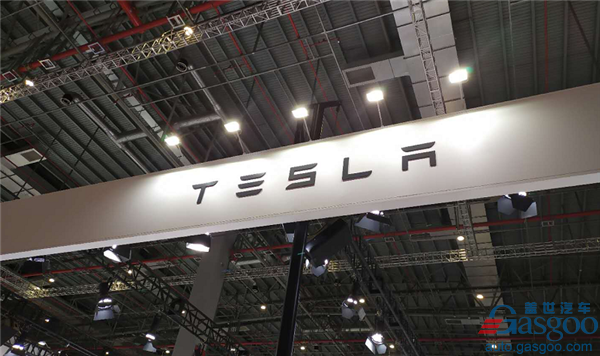
Last year, the company kicked off volume delivery of its made-in-China Model 3s and had the sedan crowned China's best-selling all-electric model. The outstanding sales partially stemmed from the frequent price cuts, while the increasing mature charging network also helped raise the sales.
Here are our most noteworthy stories about Tesla's China business in 2020
Tesla frequently cuts prices in China
Reducing price has become one of major measures Tesla adopts to lift its sales. The starting price of the China-made Model 3 has been lowered to 249,900 yuan ($38,510) from 355,800 yuan ($54,830) after five times of price cuts.
The process can be outlined as below.
In October 2019, the locally-produced Model 3 Standard Range Plus was launched with a starting price of 355,800 yuan ($54,830) after subsidies. Then the prices were decreased to 331,000 yuan ($51,000) in December 2019 and to 299,000 yuan ($46,075) in Jan. 2020.
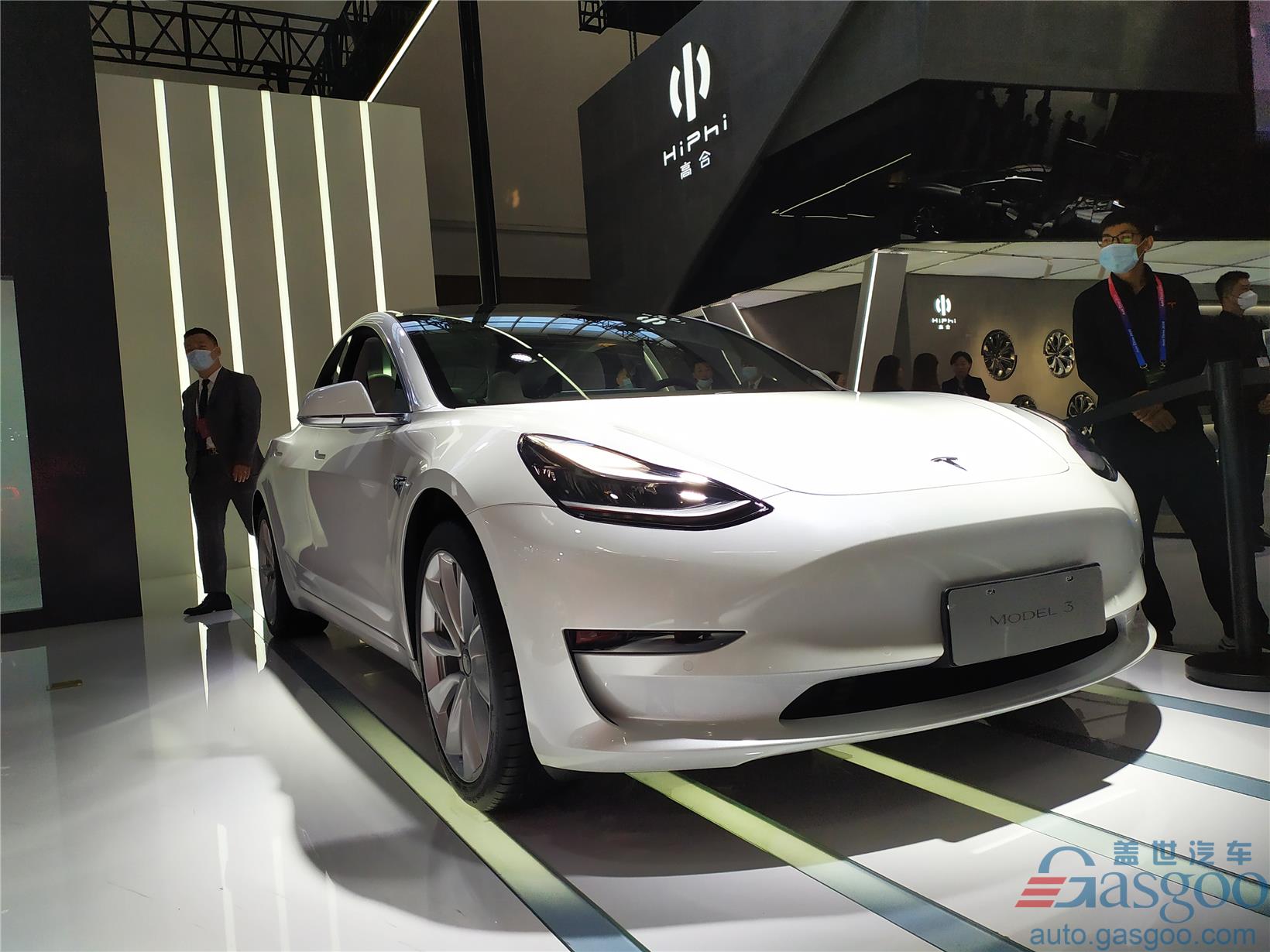
Made-in-China Model 3
In April 2020, Tesla once again lowered the post-subsidies price of the Model 3 Standard Range Plus to 271,550 yuan ($41,850) as Chinese government said the subsidy would apply only to new energy passenger cars costing less than 300,000 yuan ($46,230).
On October 1, 2020, the after-subsidies price of the Model 3 Standard Range Plus further dropped to 249,900 yuan ($38,510). The price of the Long Rang RWD (rear-wheel-drive) version was down by 20,000 yuan ($3,080) to 309,900 yuan ($47,755).
As Tesla has basically achieved its target of auto parts localization in China, it is unlikely to see further reduction in the prices of made-in-China Model 3 in the future, according to a local media outlet, quoting Tao Lin, Vice President of Tesla China Foreign Affairs.
Ms Tao revealed there is still the probability that the car price would rise if the prices of raw materials and auto parts go higher.
However, some insiders said the room for potential price reduction still exists. With the cost of making a China-made Model 3 EV working out to roughly 200,000 yuan ($30,820), the gross margin for the locally-produced Model 3s is estimated to be around 30%, which is much higher than that of its U.S.-made counterpart, said the report.
Tesla starts exporting China-made Model 3s to Europe
The first China-made Model 3s to be exported to Europe left Shanghai port on October 27 and arrived at Port of Zeebrugge in Belgium around one month later.
Upon arrival of the vessel, the 7,000 made-in-China Model 3s were sold to 10 plus European countries, including Germany, France, Italy, Spain, Portugal and Switzerland.
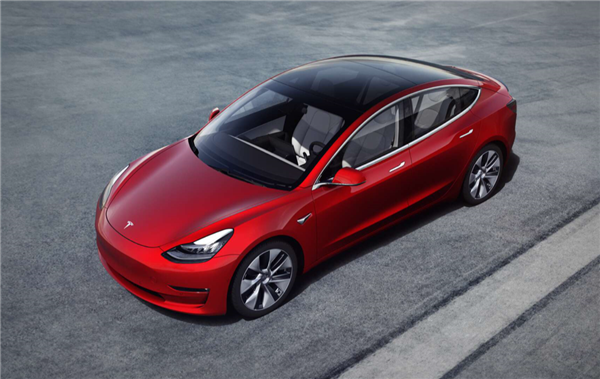
Tesla Model 3; photo credit: Tesla
Exporting China-built Model 3 sedans to Europe is a milestone in the development of the Shanghai Gigafactory, demonstrating to the world not only China's speed in construction, but also the quality of made-in-China products, said Zhu Xiaotong, vice president of Tesla Global and president of Tesla Greater China.
The export came after only one year after the Shanghai plant started production, reflecting a fast expansion of production capacity. The plant has demonstrated the ability to sustain Model 3 production at or above a run rate of 250,000 per year, according to Tesla’s Q4 financial results. In addition, Tesla ramped up the capacity of the Model 3 in Shanghai to more than 5,000 units a week sustainably, Elon Musk, Tesla’s founder and CEO, said at the Q4 2020 earnings call.
The monthly retail sales of the homegrown Model 3s were in the 11,000 range for several months, falling to 10,881 in September, and then rebounding to 12,143 units in October, according to the China Passenger Car Association (CPCA). Based on the aforementioned capacity, Gigafactory 3 is able to spare capacity for export business.
The U.S.-based company also said it is dedicated to expanding its investment in China. It attempts to enlarge the production capability, the reach of its sales and service network, charging infrastructure facilities, and employment in the country.
Tesla sees rapid charging network expansion in China
Tesla launched two new charging stations in Beijing earlier this month. As of today, the EV manufacturer has deployed over 700 supercharger stations in more than 300 cities of the Chinese Mainland with its number of supercharging piles topping 5,700.
The automaker has been vigorously expanding its charging network with its sales keeping rising in China. It took Tesla only a year to deploy 140 supercharger stations in 74 cities of the country.
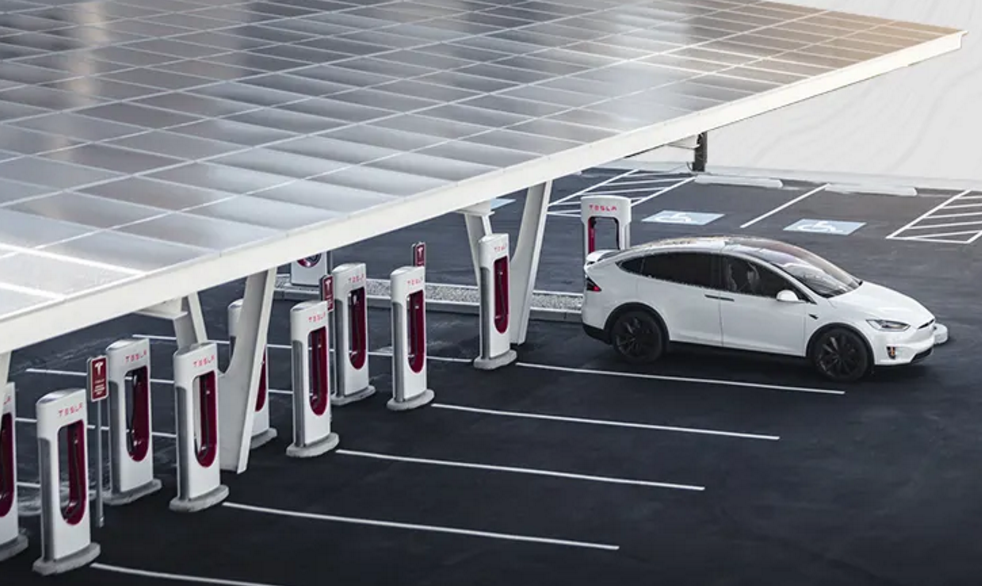
Tesla suparcharger station; photo credit: Tesla
Those charging facilities are not only located in urban areas, but also at transport hubs and scenic spots. For instance, the newly-launched two stations are at Badaling Ski Resort and Beijing Daxing International Airport.
The proportion of fast-charging system is being gradually raised. Among the 410 supercharger stations Tesla launched in China last year, over 180 have V3 superchargers. Tesla claims that the V3 supercharger supports peaking charging rate of up to 250kW, which are equivalent to replenishing 1,000 miles of range per hour.
‘Out-of-control’ Tesla Model 3 accidents sparks discussion over driving safety
With sales growing in China, the number of accidents about Tesla cars has been rising as well. Some are caused due to human behaviors, while part of the blame was laid on the “out-of-control” status of vehicles.
It is roughly estimated that there were eight accidents involving “out of control” Tesla vehicles in China last year, each resulted from an “unintended acceleration” of the car.
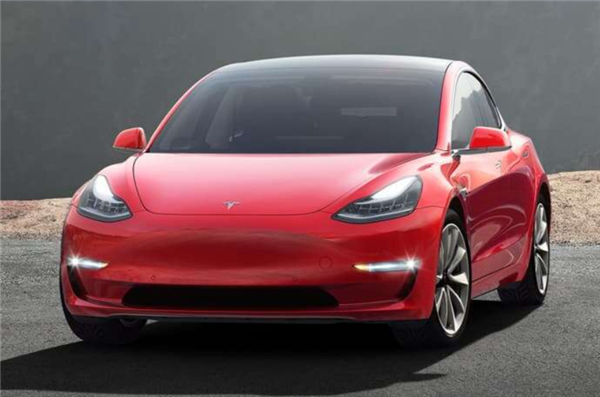
Model 3; photo credit: Tesla
The most severe accidents should be the cases occurring in Wenzhou and Nanchong.
In mid-August, a Model 3 invaded a parking lot at full speed in Wenzhou, leading to damage of a dozen cars. The driver was also taken into hospital.
In early September, an accident involving a Tesla car in Nanchong, Sichuan Province killed two people and injured six.
Those accidents raised concerns among netizens over Tesla vehicles' safety controls. Some industry insiders thought perhaps drivers made mistakes, but there was also likelihood that Tesla's driving system had some errors. Even hacker invasion of the auto control system may be possible.
Zhang Xiang, a domestic car analyst, said Tesla was facing increasingly heavy pressure in ramping up capacity with its orders rapidly growing, while it should not whittle down the efforts on quality control. In the future, Tesla should make continued endeavors to ensure a high product quality so as to decrease the occurrence of troubled vehicles.
Gasgoo not only offers timely news and profound insight about China auto industry, but also help with business connection and expansion for suppliers and purchasers via multiple channels and methods. Buyer service:buyer-support@gasgoo.comSeller Service:seller-support@gasgoo.com







